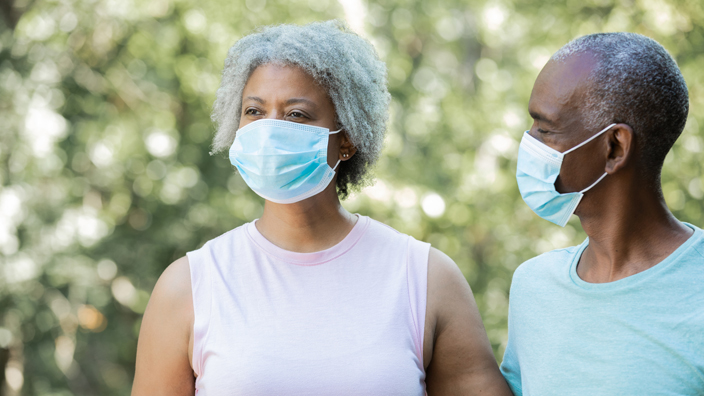The USPS Health and Wellness team is reminding employees that the best way to stay healthy and prevent seasonal influenza is to get vaccinated every year.
Getting your flu shot this season will be more important than ever. Flu vaccines don’t prevent the coronavirus, but they help to reduce flu-related illnesses, missed work and school, hospitalizations, deaths and burdens on the health care system.
This means more medical resources can be directed toward easing the pandemic.
With rare exceptions, everyone 6 months and older should get a flu vaccine. Vaccination is especially important for people at high risk of developing flu-related complications.
Most Federal Employees Health Benefits (FEHB) plans cover flu vaccines at low or no cost.
While the flu exists year-round in the United States, it is most widespread during the fall and winter. The flu generally increases in October, peaks between December and February, and continues until May.
The Centers for Disease Control and Prevention (CDC) recommends getting a flu vaccine early in the fall and by the end of October. Individuals should aim to be vaccinated before the flu begins to spread in their community because it takes about two weeks after vaccination for antibodies to provide protection against the flu.
Influenza usually emerges with moderate illness symptoms; however, it can cause serious complications, such as pneumonia and bronchitis. The flu also makes worse chronic health conditions, like asthma, diabetes and heart disease.
Healthy habits — such as avoiding people who are sick, staying home when sick, covering your cough, cleaning frequently touched surfaces and washing your hands — can help stop the spread of germs.
Getting enough sleep, exercising regularly, managing stress and eating nutritious food will also help keep viruses away.
If you have questions about flu vaccination, talk to your doctor or health care provider.
The CDC website has more information about flu prevention, while the Wellness LiteBlue page has overall health information.



